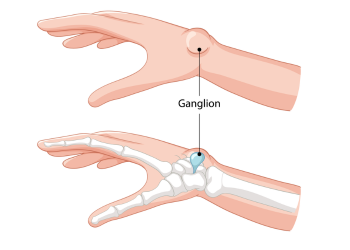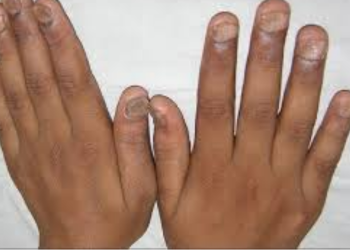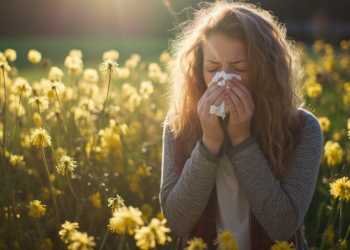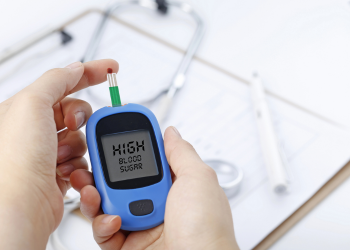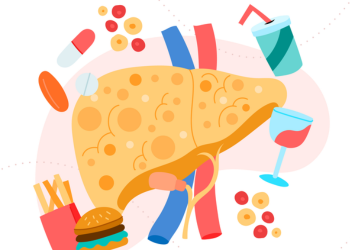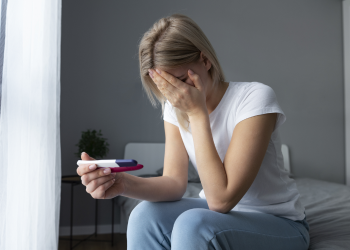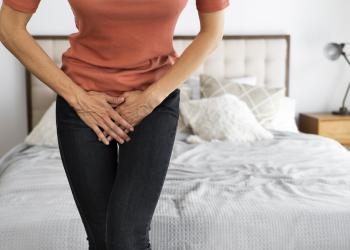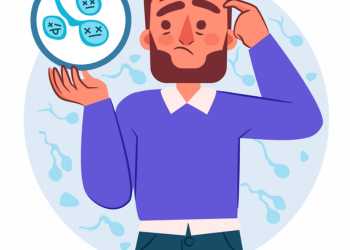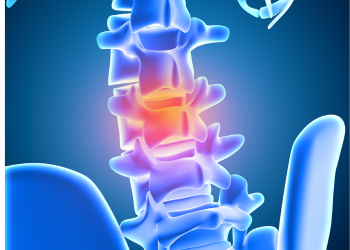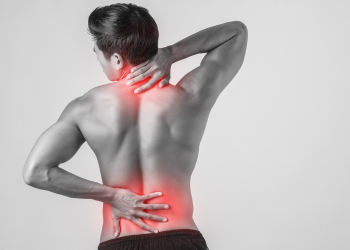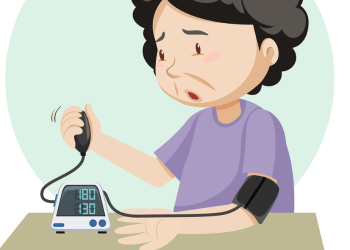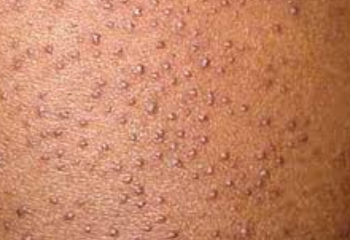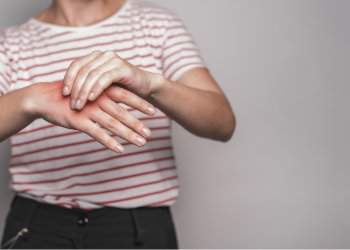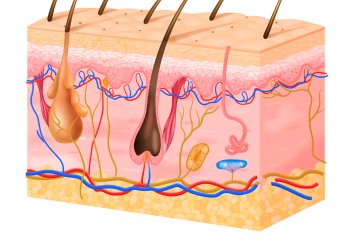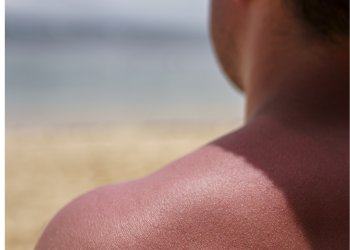
Sleep apnoea
is a common but serious condition where breathing stops and starts during
sleep. It leads to poor sleep, daytime tiredness, and can increase the risk of
heart problems and other health issues. This condition affects many people, especially
those in stressful jobs or who need to stay alert, like drivers, nightshift
workers, and healthcare staff.
Homoeopathy
offers a gentle, natural way to manage sleep apnoea. Instead of using machines
or surgery, it focuses on treating the root cause of the problem in a holistic
way. Homoeopathy offers a natural, non-invasive approach by addressing the root
causes, be it structural, neurological, or lifestyle-related.
Sleep apnea is a potentially serious sleep disorder in which breathing
repeatedly stops and starts. If anyone snore loudly and feel tired even after a
full night's sleep, they may have sleep apnea.
TYPES
·
Obstructive sleep apnea (OSA), which is the
more common form that occurs when throat muscles relax and block the flow of
air into the lungs
·
Central sleep apnea (CSA), which occurs when the
brain doesn't send proper signals to the muscles that control breathing
SYMPTOMS
Loud snoring.
Episodes in
which you stop breathing during sleep, which would be reported by another
person.
Gasping for
air during sleep.
Awakening with
a dry mouth.
Morning
headache.
Difficulty
staying asleep.
Excessive
daytime sleepiness.
Difficulty
paying attention while awake.
Irritability.
OBSTRUCTIVE SLEEP
APNOEA
This type of sleep apnea happens when the
muscles in the back of the throat relax. These muscles support the soft palate,
the triangular piece of tissue hanging from the soft palate called the uvula,
the tonsils, the side walls of the throat and the tongue.
When the muscles relax, airway narrows or closes as
you breathe in. person can't get enough air, which can lower the oxygen level
in your blood. Your brain senses that you can't breathe, and briefly wakes you
so that you can reopen your airway. This awakening is usually so brief that you
don't remember it.
You might snort, choke or gasp. This pattern can
repeat itself 5 to 30 times or more each hour, all night. This makes it hard to
reach the deep, restful phases of sleep.
Central sleep apnea
This less common form of sleep apnea occurs when the brain fails to send
signals to breathing muscles. You might awaken with shortness of breath or have
a difficult time getting to sleep or staying asleep.
Risk factors
Excess weight-
Fat deposits around your upper airway can obstruct your breathing.
Neck
circumference- People with thicker necks might have narrower airways.
A narrowed
airway. You might have inherited a narrow throat. Tonsils or adenoids also
can enlarge and block the airway, particularly in children.
Being male.
Being older. Sleep
apnea occurs significantly more often in older adults.
Family
history.
Use of
alcohol, sedatives or tranquilizers.
Smoking
Nasal
congestion
Medical
conditions. Congestive heart failure, high blood pressure and type 2
diabetes are some of the conditions that may increase the risk of obstructive
sleep apnea. Polycystic ovary syndrome, hormonal disorders, prior stroke and
chronic lung diseases such as asthma also can increase risk.
Central sleep apnea
Risk factors for this form of sleep apnea include:
Being older. Middle-aged
and older people have a higher risk of central sleep apnea.
Being male. Central
sleep apnea is more common in men than it is in women.
Heart disorders. Having
congestive heart failure increases the risk.
Using narcotic pain medicines.
Stroke. Having
had a stroke increases the risk of central sleep apnea.
Complications
Daytime fatigue.
High blood pressure
or heart problems.
OSA might also increase your risk of recurrent heart
attack, stroke and irregular heartbeats, such as atrial fibrillation.
Type 2 diabetes. Having sleep apnea increases your risk of developing insulin
resistance and type 2 diabetes.
Metabolic syndrome. This
disorder, which includes high blood pressure, abnormal cholesterol levels, high
blood sugar and an increased waist circumference, is linked to a higher risk of
heart disease.
Complications with medicines and surgery
Liver problems. People
with sleep apnea ,livers are more likely to show signs of scarring, known as
nonalcoholic fatty liver disease.
Cardiovascular problems.
Diagnosis
Nocturnal
polysomnography. During this test, you're hooked up to equipment that
monitors your heart, lung and brain activity, breathing patterns, arm and leg
movements, and blood oxygen levels while you sleep.
Home sleep
test.
Therapies for
OSA
Continuous
positive airway pressure (CPAP). If you have moderate to severe
obstructive sleep apnea, you might benefit from using a machine that delivers
air pressure through a mask while you sleep. With CPAP (SEE-pap), the
air pressure is somewhat greater than that of the surrounding air and is just
enough to keep your upper airway passages open, preventing apnea and snoring.
Other airway pressure devices.
Oral appliances
SURGERY
Tissue
removal.
Tissue
shrinkage
Jaw
repositioning
Implants
Nerve
stimulation.
Creating a new
air passageway, known as tracheostomy. In extreme cases
HOMEOPATHIC MEDICINES
Opium
Passiflora
Carbo veg
Homoeopathy offers a gentle and holistic approach to
managing sleep apnoea by addressing the root causes and improving overall
health. It focuses on the individual’s specific symptoms and helps bring
long-term relief without side effects, making it a safe and natural option for
those seeking better sleep and improved well-being.

